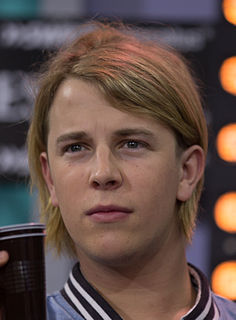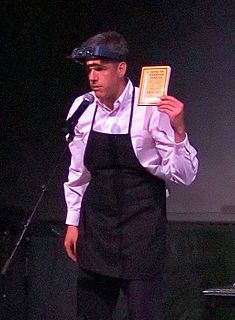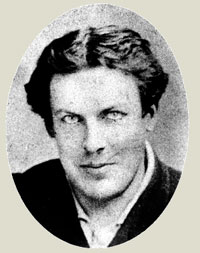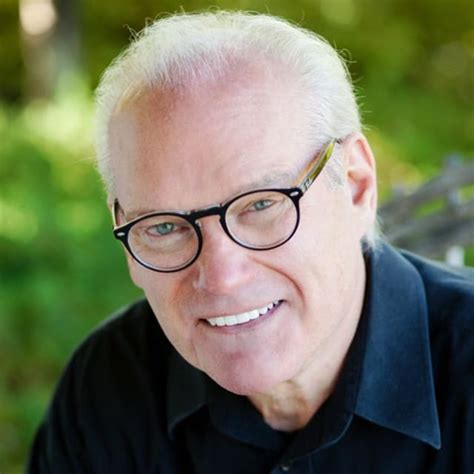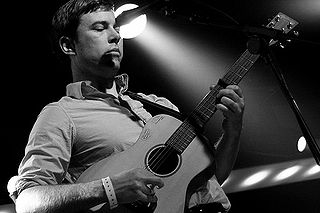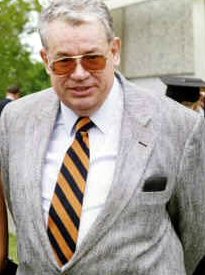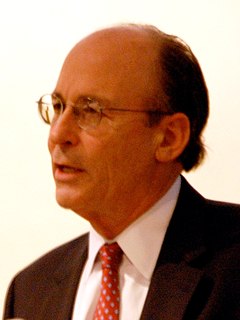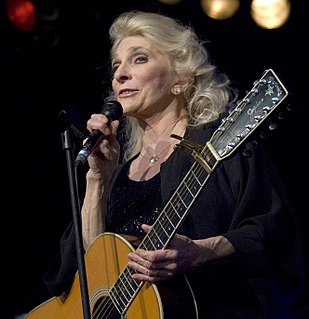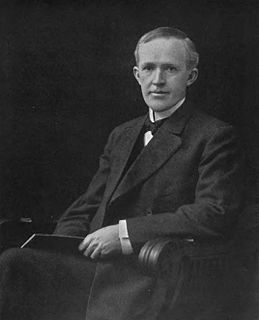Top 1200 Prose Writing Quotes & Sayings
Explore popular Prose Writing quotes.
Last updated on April 14, 2025.
Writing for the page is only one form of writing for the eye. Wherever solemn inscriptions are put up in public places, there is a sense that the site and the occasion demand a form of writing which goes beyond plain informative prose. Each word is so valued that the letters forming it are seen as objects of solemn beauty.
Writing for adults and writing for young people is really not that different. As a reporter, I have always tried to write as clearly and simply as possible. I like clean, unadorned writing. So writing for a younger audience was largely an exercise in making my prose even more clear and direct, and in avoiding complicated digressions.
I didn't mind writing incoherently, up until about 1980, occasionally. But after that, I decided, might as well be articulate. And I found, though, that writing poetry affected my prose to the point where I never again wrote in one draft, and my prose just took longer and longer and longer. It took longer and longer to come up with an acceptable text. And that's probably one of the reasons that my output has slowed down.
I've been writing for a long time, since the late '60s. But it hasn't been in the same form. I used to write scripts for television. I wrote for my comedy act. Then I wrote screenplays, and then I started writing New Yorker essays, and then I started writing plays. I didn't start writing prose, really, until the New Yorker essays, but they were comic. I didn't start writing prose, really, until the '90s. In my head, there was a link between everything. One thing led to another.
In high school, in 1956, at the age of sixteen, we were not taught "creative writing." We were taught literature and grammar. So no one ever told me I couldn't write both prose and poetry, and I started out writing all the things I still write: poetry, prose fiction - which took me longer to get published - and non-fiction prose.
I feel like the reason I ended up becoming a playwright is because I never choose the right word. As a kid, my fantasy profession was to be a novelist. But the thing about writing prose - and maybe great prose writers don't feel this way - but I always felt it was about choosing words. I was always like, "I have to choose the perfect word." And then it would kill me, and I would choose the wrong word or I would choose too many perfect words - I wrote really purple prose.
In general, I would think that at present prose writers are much in advance of the poets. In the old days, I read more poetry than prose, but now it is in prose where you find things being put together well, where there is great ambition, and equal talent. Poets have gotten so careless, it is a disgrace. You can’t pick up a page. All the words slide off.
Cartooning is completely different from other media: it is closely related to film and prose, other narrative forms, but the skills needed to realize a story are very different, and include not only drawing and writing dialogue and narration, but graphic design and the ability to depict time passing visually. It's a whole suite of skills that has to go into making a comics page, skills that are quite distinct from those that go into writing a page of prose, or making a film.
Poetry has an indirect way of hinting at things. Poetry is feminine. Prose is masculine. Prose, the very structure of it, is logical; poetry is basically illogical. Prose has to be clear-cut; poetry has to be vague - that's its beauty, its quality. Prose simply says what it says; poetry says many things. Prose is needed in the day-to-day world, in the marketplace. But whenever something of the heart has to be said, prose is always found inadequate - one has to fall back to poetry.
Certainly for me prose has a dilatory capacity, insofar as I don't trust my abilities in prose. I imagine I could have done the same thing in poetry, but sometimes I feel more fluent in poetry than in prose, and as a consequence perhaps I might pass too quickly by a thing that I might, in prose, have struggled merely to articulate. That struggle creates space, and it seems to me a particular kind of space into which memory flows easily. I suspect I think better in poetry, however.











